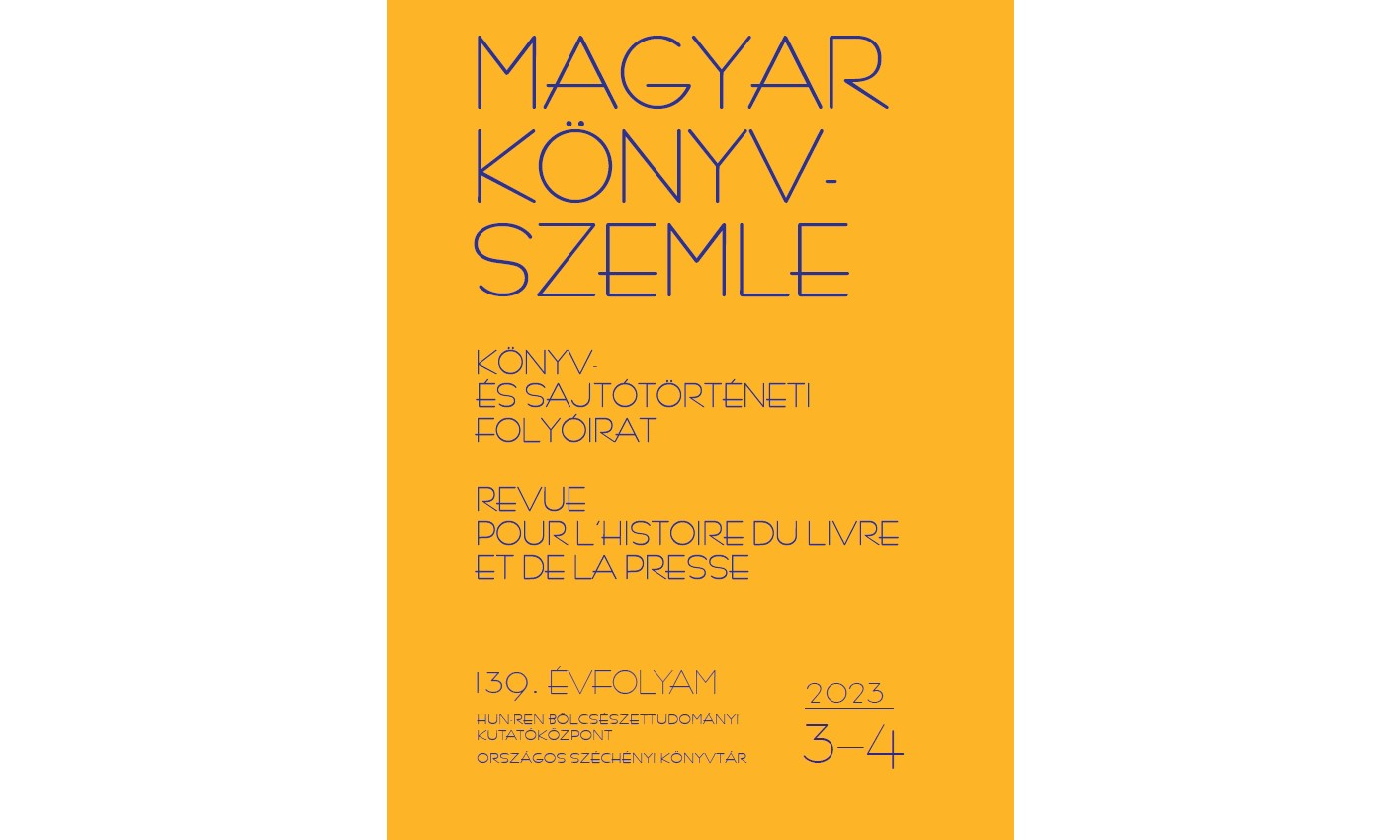(Self-)mobilization in the Kotányi paprika ads appearing in Borsszem Jankó
Abstract
World War I propaganda is not without precedent; at the end of the 19th century, propaganda changed, and this transformation predicted that in these times manipulation and persuasion would be more important than ever before. Speaking of Kotányi advertisements during the war, we can talk about a kind of duality; they served propaganda and the company itself at the same time since the ultimate goal was the sale. Furthermore, these ads fit perfectly into the context of the inward-looking propaganda of the First World War, as their regularly recurring element was the exhortation to persevere and the commitment to a common destiny. Propaganda advertisements played a role in the so-called social (self)mobilization – encouraging moral endurance and participation in war efforts – on which social and political legitimacy depended, and which was an essential condition for the totalization of the war. Warfare required entire societies and all their members, people had to be encouraged, their enthusiasm maintained, and an interpretation of patriotism had to be given and accepted that promoted (self) mobilization. All this could be done through propaganda, which was carried out on two fronts: at home and on the battlefield. My study deals with the propaganda of the home front, including the analysis of Kotányi paprika advertisements appearing in Borsszem Jankó. The investigation can be an addition to press history research and the description of the propaganda activities of the World War.



